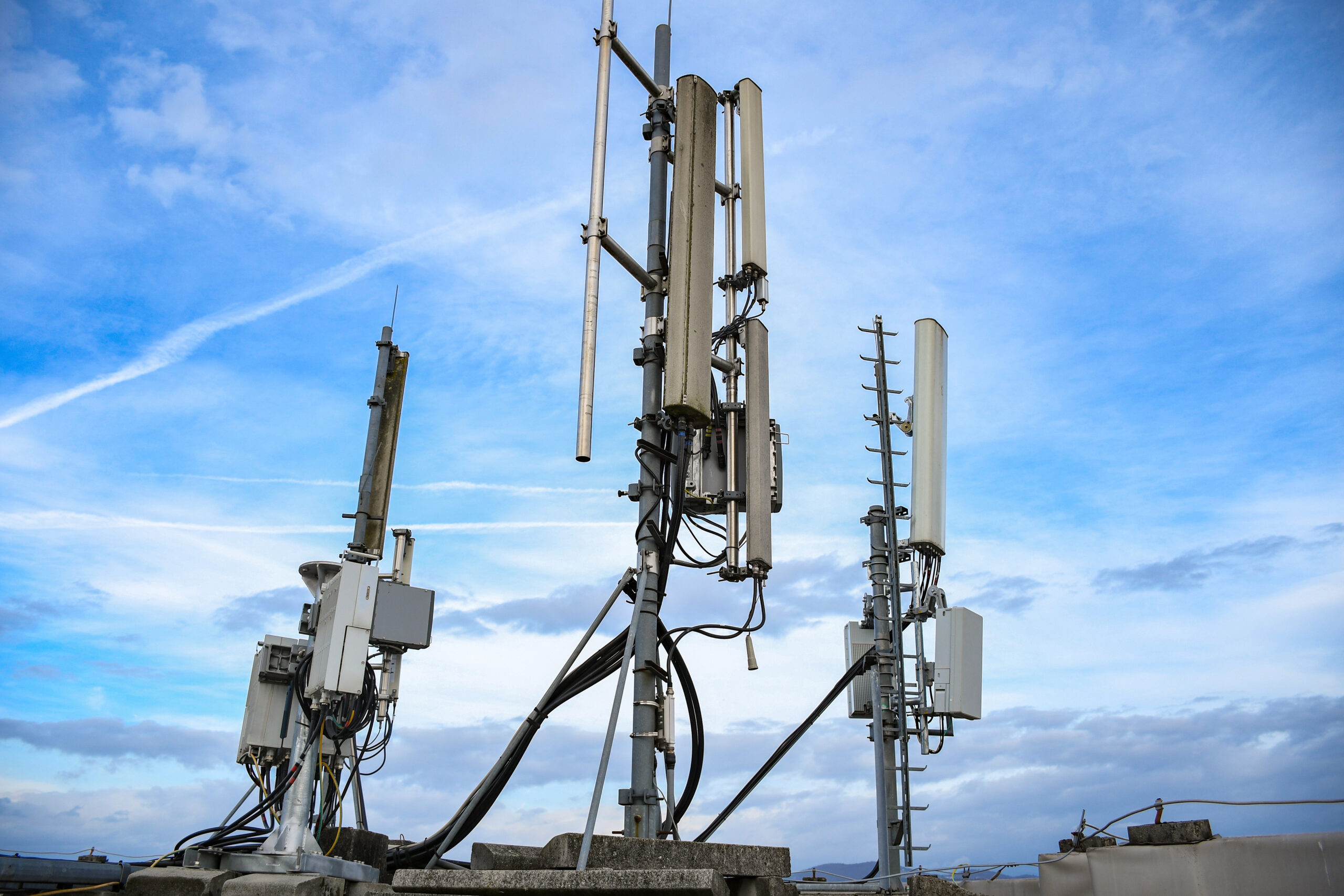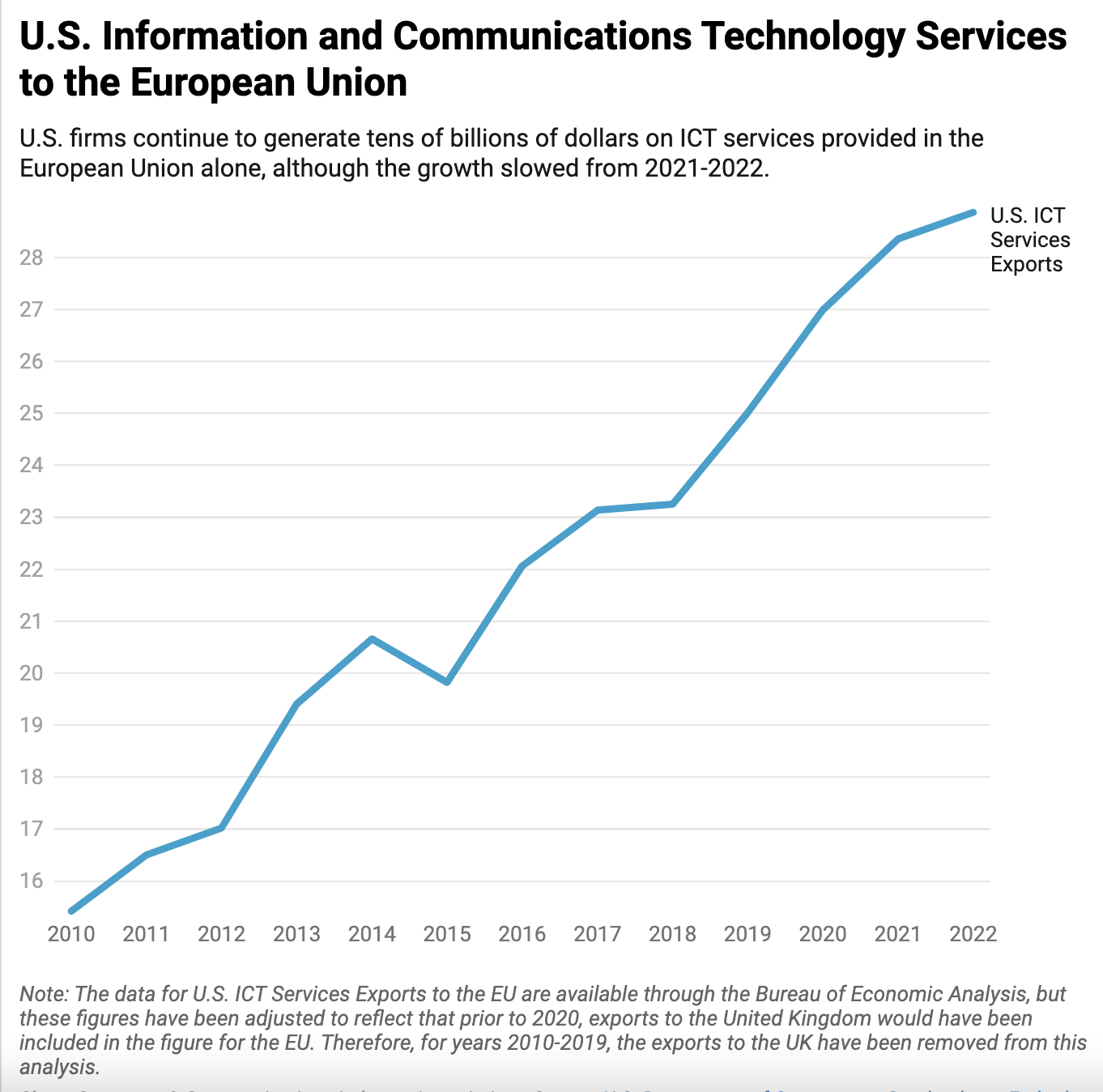Free As In Unlicensed: Why The FCC Isn’t Giving Away Wireless Service To Anybody
 Seeing “Free Public WiFi” pop up on a device’s screen usually means you’ve found a zombie network–a Windows XP machine suffering from a long-since-patched networking bug. But if that phrase lands in a news story, you may be facing a zombie idea.
Seeing “Free Public WiFi” pop up on a device’s screen usually means you’ve found a zombie network–a Windows XP machine suffering from a long-since-patched networking bug. But if that phrase lands in a news story, you may be facing a zombie idea.
The financial and technical difficulties of reliably delivering wide-area wireless broadband for free should have killed off that concept years ago. But it keeps stumbling onward–most recently in chatter Monday about the Federal Communications Commission’s ongoing campaign to free up spectrum.
A front-page story in the Washington Post offered a simplified, optimistic read on part of this effort: a proposal to invite unlicensed use of some frequencies liberated by rearranging TV channels. Cecilia Kang’s piece included caveats further down about the limits of any free service, but if you stopped at the headline and opening paragraphs that used “free” as a synonym for “unlicensed”–or read glib rewrites elsewhere–the story shouted “Free Public WiFi!”
The reality has no exclamation point and many question marks.
The complicated spectrum reallocation that Congress mandated last year won’t happen at all unless enough local TV broadcasters agree to sell back unused or underused frequencies in a novel “incentive auction” before shuffling their signals over to neighboring stations’ available channels.
If that works, the FCC will auction off most of the recovered airwaves to mobile data services. But the commission now also proposes to set aside extra slivers of spectrum among those frequencies for unlicensed use–anybody could offer wireless service in those bands, just as you don’t need to file with the FCC before booting up a WiFi router.
That’s the idea the Post’s story spotlighted. It amounts to a 2.0 version of the “white spaces” wireless the FCC approved earlier after years of debate, in which new devices scan for empty TV airwaves nearby and hop on them if available.
(Disclosures: Kang is a friend and former colleague; the Computer & Communications Industry Association, which hosts this blog, filed a comment with the FCC supporting the new proposal.)
But where white spaces only allow for fast, farther-reaching wireless in markets with vacant frequencies, this step would expand that speed and coverage–maybe 20 megabits per second over a dozen miles, but with a room to add users–across the country.
That plan, should it overcome opposition by some incumbent telecom firms, doesn’t mean that somebody has a plan to offer free, fast wireless for all. How could anybody? Even with unlicensed spectrum, you still have to buy and deploy transmitters and connect them to sufficient backhaul, and none of those things come for free.
Maybe a wireless provider could adopt the “freemium” pricing model Google adopted for its fiber-optic service in Kansas City, in which minimal service comes almost free. A joint FCC comment from the odd couple of Google and Microsoft throws around other scenarios under which some devices or users get bandwidth paid for through various forms of cost-shifting. But that’s as far as it goes.
Meanwhile, yammering about “free WiFi everywhere” ignores the real problem that the FCC’s various spectrum schemes might alleviate if a lot of other things go well: the woeful lack of competition for residential broadband.
Most Americans have only two choices for wired broadband (defined generously to include slower DSL connections) and many have only one. Previous hopes of breaking open the market, such as the municipal WiFi projects I foolishly praised six years ago, have yielded nothing even as industry consolidation has further narrowed customers’ choices.
Adding a high-speed option that didn’t rely on stringing wires along or under every street–or parking wireless transmitters on every block–would represent a real advance. But if that arrives, expect it to come with a real bill.








